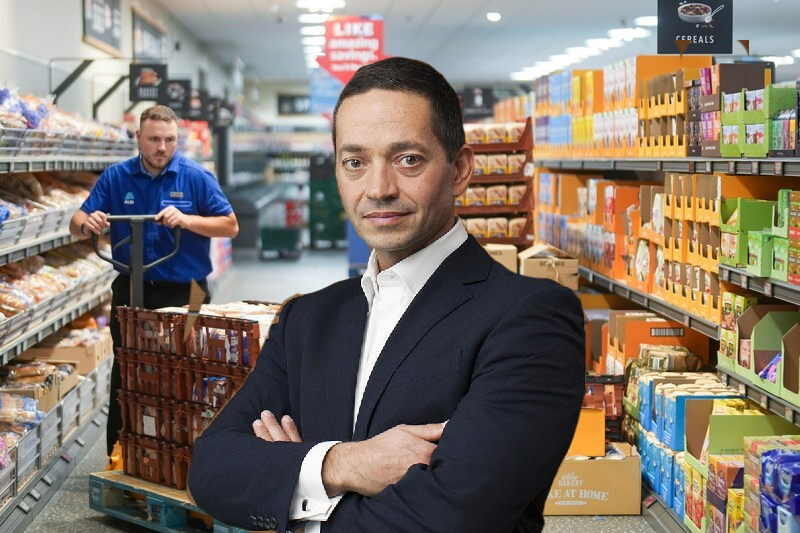
UK Retail in Crisis: Currys Chief’s Bold Stand Against Minimum Wage Hike
UK Retail in Crisis: In a recent development, Alex Baldock, the CEO of Currys, has voiced strong concerns about the UK government‘s decision to implement a substantial increase in the minimum wage, stating that it reflects a lack of understanding and care for the challenges faced by the country’s retailers. This criticism comes in the wake of Chancellor Jeremy Hunt’s announcement of a nearly 10% hike in the legal minimum wage for the UK’s lowest-paid workers, set to take effect from April 2024, amounting to £11.44 per hour.
UK Retail in Crisis : Impact on Retailers
Baldock argues that while Currys acknowledges the importance of fair compensation for its employees, the timing of this wage increase is particularly problematic. The retail industry is already grappling with the anticipation of a surge in business rates – property-based taxes imposed by local councils on businesses, including retailers. The combined effect of a higher national living wage and an expected half-billion-pound increase in rates poses a significant challenge for high street retailers.
“We believe we are paying our colleagues well and we certainly intend to continue to,” Baldock emphasized. “That said, for the retail industry as a whole, having a big hike in the ‘national living wage’ at the same time as an expected half a billion pound increase in the rates bill just shows how little the government appears to understand or care about this industry.”
Keep Reading
Calls for Reconsideration
Highlighting the potential consequences, Baldock stressed that the retail sector, which employs around 3 million people in the UK, cannot afford additional financial burdens. The industry is already facing a collective £1.95 billion inflation-linked increase in local taxes for the upcoming year. Hunt had previously frozen business rates for retail, leisure, and hospitality companies, providing a 75% discount capped at £110,000 per business. However, these concessions are set to expire in March 2024.
The Currys CEO calls for a reconsideration of the government’s stance, citing the immense responsibility of sustaining a vast number of jobs within the UK retail landscape. In his view, imposing more costs on an already overburdened sector is an irresponsible move that warrants a change of heart.
Economic Landscape and Currys Performance
Baldock’s critique coincided with Currys reporting a 4% decline in like-for-like sales during the six months leading up to October. The chief executive attributes this dip to the ongoing cost of living crisis, which has left consumer spending subdued. While acknowledging the challenges posed by the current economic climate, Baldock points out a nuanced picture.
“On the one hand, the consumer is hard-pressed, and confidence is pretty bumpy. Interest rates have been rising … and consumers are cautious about their spending. But on the other hand, real wages have continued to climb, employment has stayed high, people have retained savings, and customers are treating themselves.”
Consumer Behavior and Credit Usage
Baldock notes a shift in consumer behavior, indicating that individuals are more inclined to make purchases on credit offered by the company. This enables consumers to spread the cost of their purchases over several months, providing a flexible payment option during financially challenging times. However, he underscores the company’s commitment to responsible lending, expressing a desire to steer clear of any reputational damage associated with lending money to those who may struggle to repay.
Conclusion: A Plea for Industry Understanding
In conclusion, Alex Baldock’s statements not only shed light on the specific challenges faced by Currys but also underscore a broader concern for the entire UK, UK Retail in Crisis. The confluence of an impending minimum wage hike and rising business rates presents a formidable obstacle for businesses already navigating the complexities of a fluctuating economic landscape. The plea for a government reconsideration resonates not only as a call for Currys’ well-being but as a voice representing the concerns of an industry that plays a vital role in the UK’s economic tapestry.




